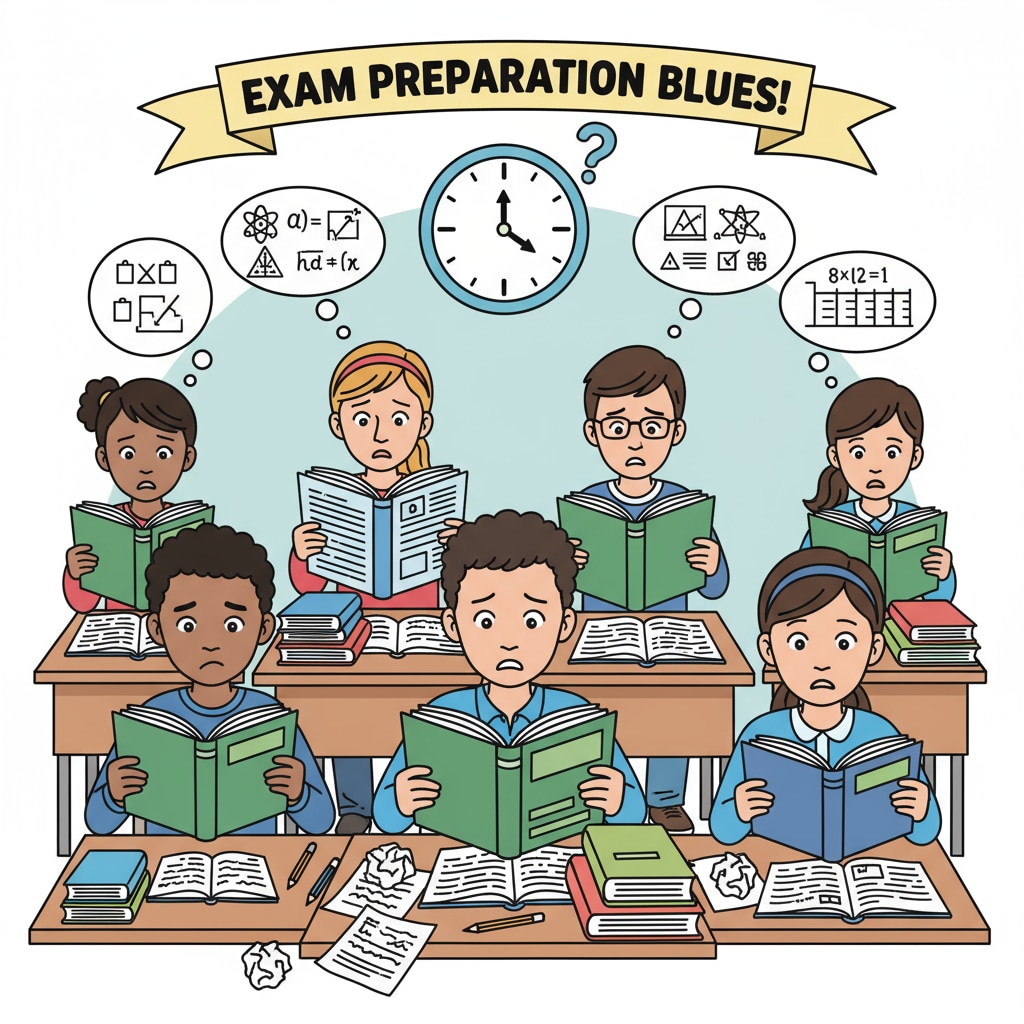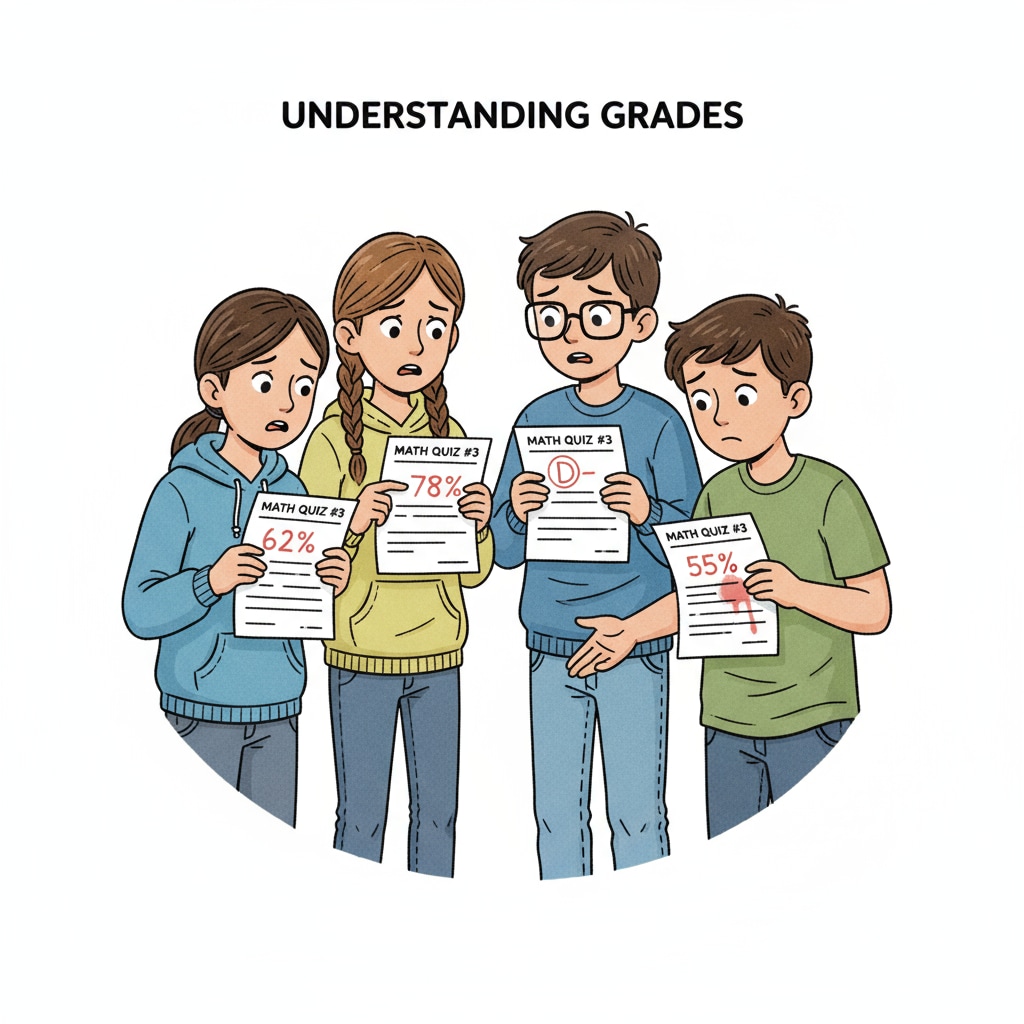Learning anxiety, self-doubt, and learning difficulties are prevalent issues among teenagers in the K12 education stage. These problems can significantly impact students’ academic performance and overall well-being. For example, a 17-year-old student may find themselves constantly struggling with these issues, feeling overwhelmed and discouraged.

Let’s take a closer look at the root causes and effective solutions.
The Root Causes of Learning Anxiety and Self-Doubt
One of the main reasons for learning anxiety and self-doubt is the high pressure of academic performance. In today’s competitive educational environment, students are often expected to achieve high grades and meet strict academic standards. This pressure can make them feel inadequate and lead to self-doubt. According to American Psychological Association research on student stress, the academic pressure on teenagers has been increasing steadily. In addition, comparison with peers can also trigger these negative emotions. When students see their classmates performing better, they may start to question their own abilities.

Overcoming Learning Difficulties
To overcome learning difficulties, it’s crucial to develop effective study strategies. This could include creating a regular study schedule, breaking down tasks into smaller, manageable steps, and seeking help when needed. For instance, if a student is struggling with a particular subject, they can ask their teacher for extra guidance or join a study group. As stated on Education Corner’s study skills page, having a structured approach to learning can greatly improve a student’s performance. Moreover, building self-confidence is essential. Encouraging teenagers to focus on their achievements and strengths can help them overcome self-doubt.
Overall, by understanding the root causes of learning anxiety, self-doubt, and learning difficulties, and implementing appropriate strategies, we can help teenagers break through the learning fog and develop a positive and healthy learning attitude. This will not only benefit their academic performance but also contribute to their overall personal growth. Readability guidance: The above content uses short paragraphs to summarize key points. We have also included external authoritative links for more in-depth information. The passive voice and long sentences are kept to a minimum, and transition words like ‘in addition’ and ‘for instance’ are used to enhance readability.


